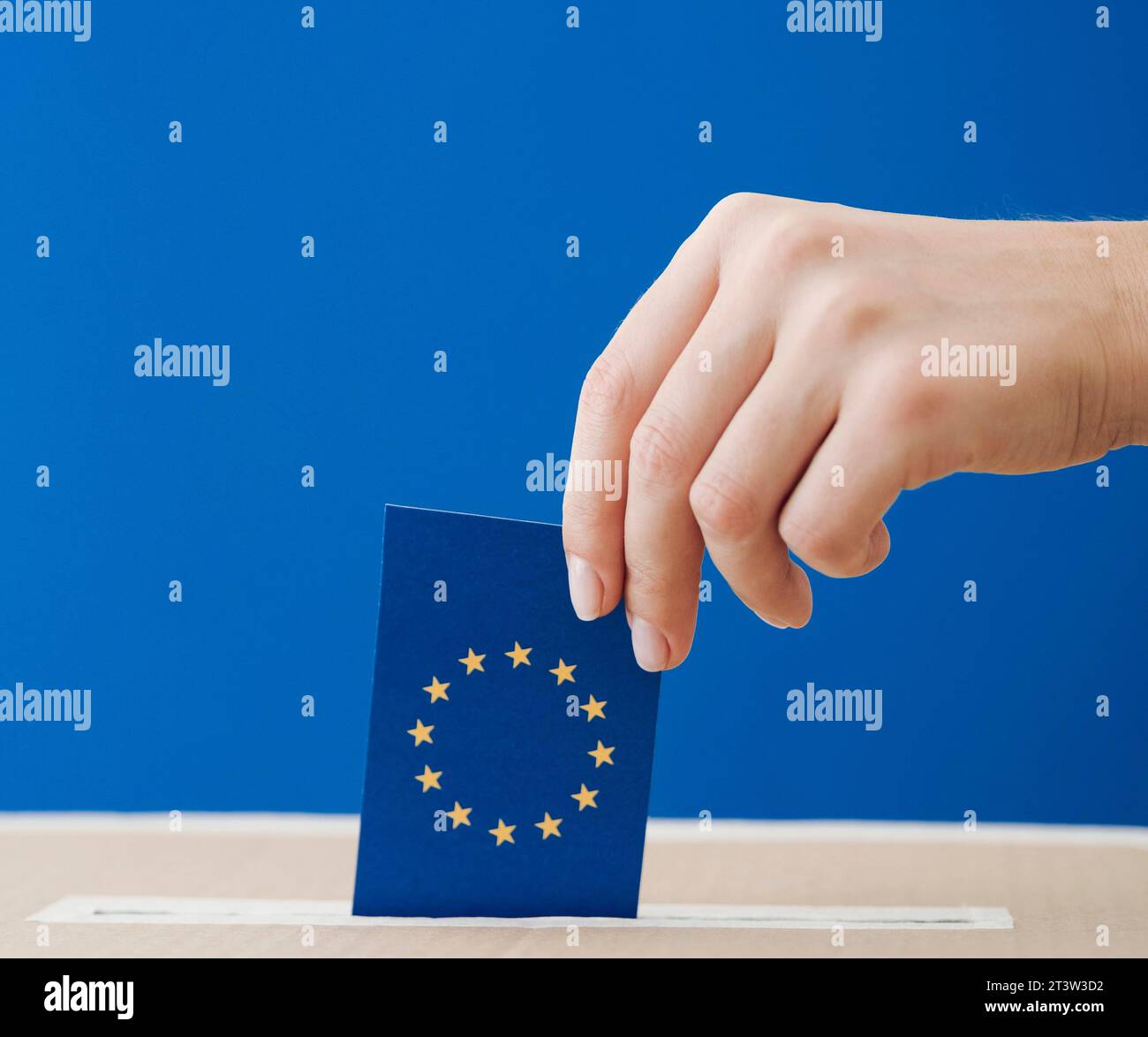When it comes to paid surveys, rewards play a crucial role in participant attraction and retention. They are not only a way to thank respondents for their time, but they also boost engagement. We explore how survey rewards can transform participation, by encouraging more people to share their opinions.
The appeal of survey rewards to respondents
The psychological motivations behind paid survey participants’ desire for rewards are complex and diverse. At the heart of this appeal is the notion of perceived value, which often transcends mere financial considerations. Rewards provide tangible recognition for the effort and time invested, acting as a powerful motivator.
This recognition can significantly increase survey participation. People are naturally inclined to engage their attention when the reward matches their perception of the effort they put in. This creates a virtuous circle where the quality and quantity of responses improve, thus strengthening overall engagement.
Rewards also generate a sense of belonging to a community or a cause. They give participants the feeling that their opinion really matters and that it can lead to positive changes. This perspective reinforces their motivation to participate regularly, because they perceive their contribution as meaningful and valued.
By optimizing the allocation of rewards, companies can therefore boost engagement and ensure high-quality data collection. It is a win-win strategy, where participants feel valued. Organizations benefit from richer and more precise feedback.
What are the types of survey rewards?
The diversity of rewards in paid surveys plays a key role in participant engagement. By offering a varied range of rewards, it is possible not only to attract a wider range of respondents, but also to respond more precisely to their individual expectations and motivations. Here are the most common types of rewards and their impact on engagement:
Cash and Vouchers
Cash remains one of the most attractive forms of reward that offer maximum flexibility for participants. Cash payment is perceived as an immediate and tangible reward for the time invested. It increases the motivation to participate.
Vouchers and gift cards, on the other hand, target those who value brand or store-specific rewards. This form of reward can motivate participants by offering them the opportunity to treat themselves to something special without spending their own money.
Accumulative Points and Prizes
Points systems can be redeemed for a variety of rewards. They encourage regular participation by creating a sense of progression. Participants are motivated to complete multiple surveys to reach thresholds that unlock larger rewards.
Sweepstakes and prizes offer potentially large rewards for a small investment of time. Although the probability of winning is lower, the lure of a large reward can appeal to those who enjoy the excitement.
Charitable Contributions
Offering the opportunity to convert rewards into charitable donations can attract participants motivated by altruistic values. This allows respondents to feel good about their contribution to a greater cause, thereby increasing their engagement.
Each of these types of rewards serves different motivations, from immediate gratification to the satisfaction of helping others. By understanding and leveraging these motivations, paid surveys can increase participation and improve the quality of the data collected. Our comprehensive guide will tell you more about the best ways to get the most out of your survey rewards.
How Survey Rewards Impact Response Quality
A fundamental question when offering survey rewards is: How do they impact the quality of responses received? When managed well, rewards can not only increase engagement, but also improve the quality of the data collected. However, it is crucial to have effective strategies in place to maintain data integrity.
Encourage honesty and accuracy
Rewards should be structured to encourage honesty and accuracy in responses. This can be achieved by clarifying that the quality of responses directly influences the reward, but without penalizing negative or discrepant responses.
Rewards that are too specific or generous can attract biased respondent profiles. This limits the diversity of perspectives. It is therefore essential to balance the appeal of rewards to reach a representative sample of the target population.
Ensure reward diversity
Offering a variety of rewards can attract a broad spectrum of respondents, thereby enriching the database. Diversity in survey rewards helps minimize bias by attracting diverse profiles, which contributes to the reliability of the results obtained.
Integrating verification questions or response consistency analyses helps identify and eliminate superficial responses. This ensures that rewards are awarded in exchange for authentic and thoughtful contributions.
Feedback and Continuous Improvement
Collecting feedback from participants on the reward system can provide valuable insights to adjust and improve the approach. This helps align rewards with respondent expectations, improving the quality of responses in the long term.
In summary, rewards in paid surveys have a significant impact on the quality of the data collected. By adopting thoughtful strategies for their implementation, it is possible to maximize both participant engagement and data integrity. Therefore, wise reward management is crucial to ensure the success of surveys and the reliability of the insights obtained.
Case Studies: The Impact of Survey Rewards on Engagement
The strategic use of rewards to boost engagement in paid surveys is a common practice. Here are real-world examples of companies and studies that illustrate the effectiveness of this approach.
Case #1: Improving Participation Through Monetary Rewards
A study conducted by a large consumer company revealed the positive influence of monetary rewards. By increasing the value of the prizes offered for participation, the response rate increased by 20%. This significant increase in engagement not only allowed for more data collection, but also improved the representativeness of the samples.
Case #2: Diversifying Survey Rewards to Reach a Wider Audience
A market research website experimented with different types of rewards, including redeemable points, vouchers, and charitable donations. This diversification led to a 30% increase in survey participation. This demonstrates that catering to the diverse preferences of respondents can significantly boost engagement.
Case #3: Sweepstakes and Increased Engagement
A survey campaign launched by a technology company introduced sweepstakes with high-value prizes such as electronic gadgets. This strategy not only motivated increased participation, but also encouraged respondents to complete the surveys in full. This improved the quality of the data collected.
Case #4: Points systems to retain participants
An online panel implemented a cumulative points system where points could be exchanged for various rewards. This approach increased the loyalty of participants, who showed a greater willingness to participate regularly in surveys. This strategy contributed to a richer and more consistent database over time.
All of these case studies highlight the importance of a thoughtful approach to designing reward systems. By carefully adjusting the types and amounts of rewards, companies can increase the engagement of participants. They can also improve the quality and reliability of the data collected. Innovation and flexibility in rewards are proving to be major keys to maximizing the effectiveness of paid surveys. YouGov takes this into account in its policy.



